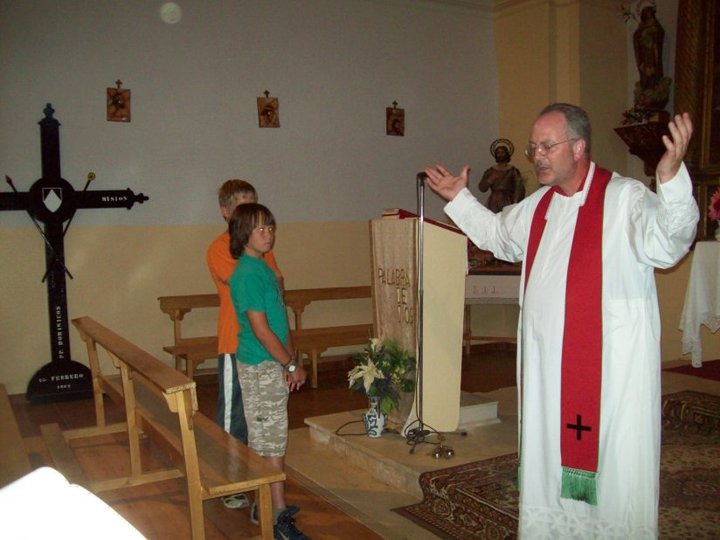 Why does a website about Catholic moral theology include a tab about lectionary and liturgy? I thought I’d offer a couple of reasons for anyone who is wondering about this question.
Why does a website about Catholic moral theology include a tab about lectionary and liturgy? I thought I’d offer a couple of reasons for anyone who is wondering about this question.
First, the Second Vatican Council in the Decree on Priestly Formation suggested that the discipline of moral theology “should be more thoroughly nourished by scriptural teaching” (no. 16). Moral theology, prior to this, had come to focus mostly on natural law, with a focus on actions and rules. While these remain important, attention is now also given to character, virtue, and discipleship—indeed, on the person and work of Jesus, too. The Bible, therefore, is essential for moral theology. In his book, The Making of Disciples: Tasks of Moral Theology (Michael Glazier Publishing, 1982), Irish Catholic moral theologian Enda McDonagh writes that by “adopting discipleship as one dominant theme of their reflections and explorations, theologians…are compelled to address the Scriptures in text and context more directly and seriously than some doctrinal and moral traditions of the immediate past” (4).
As for liturgy, in his book, Becoming Friends: Worship, Justice, and the Practice of Christian Friendship (Brazos Press, 2002), Catholic moral theologian Paul Wadell shares a story about a question Methodist theological ethicist Stanley Hauerwas once raised: “You Catholics go to Mass all the time,” Hauerwas observed, and then he asked, “What do all those Masses do for you?” If, as the Second Vatican Council taught in the Constitution on the Sacred Liturgy, the Eucharistic liturgy is “the source and summit of the Christian life” (no. 10), then shouldn’t there be a connection between worship and morality? McDonagh thinks so, and he suggests we give more attention to the liturgy, which is an “expression or source for Christian morality and the life of discipleship” (5). As Dennis J. Billy, CSsR and James Keating, in their The Way of Mystery: The Eucharist and Moral Living maintain, there is “an intimate connection between how the church prays, what it believes, and how it acts”—lex orandi, lex credendi, lex agendi (41).
Thus, on the one hand, our reflections on the readings in the lectionary will explore what we as moral theologians can glean from scripture for our work. We will also examine the liturgy (prayers, hymns, gestures, sacraments, etc.) and consider its import for our discipline and our lives. On the other hand, also, we hope that our reflections on the lectionary and the liturgy might be of service to clergy as they prepare their homilies. It would be great, too, if these reflections—or portions of them—are printed in church bulletins so that laypersons might ponder them.



